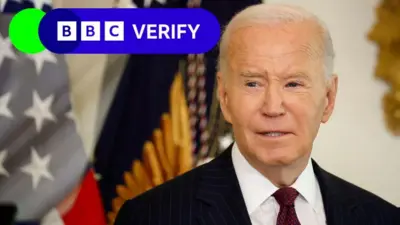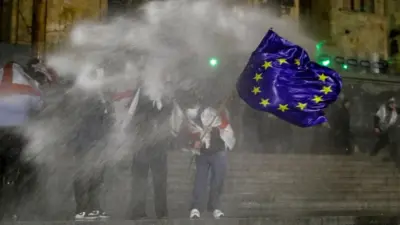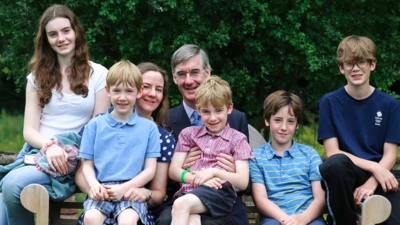We've updated our Privacy and Cookies Policy
We've made some important changes to our Privacy and Cookies Policy and we want you to know what this means for you and your data.
Row after Pope's remarks on atheism and Nazis
A speech in which the Pope appeared to associate atheism with the Nazis has prompted criticism from humanist organisations.
However, the Catholic Church has moved to play down the controversy, saying the Pope knew "rather well what the Nazi ideology is about".
Humanists have said the comments were a "terrible libel" against non-believers.
In his address, the Pope spoke of "a Nazi tyranny that wished to eradicate God from society".
He went on to urge the UK to guard against "aggressive forms of secularism".
at Holyroodhouse in Edinburgh.
He said: "Even in our own lifetimes we can recall how Britain and her leaders stood against a Nazi tyranny that wished to eradicate God from society and denied our common humanity to many, especially the Jews, who were thought unfit to live.
"As we reflect on the sobering lessons of atheist extremism of the 20th century, let us never forget how the exclusion of God, religion and virtue from public life leads ultimately to a truncated vision of man and of society and thus a reductive vision of a person and his destiny."
'Highly political'
A statement from the British Humanist Association said the Pope's remarks were "surreal".
It said: "The notion that it was the atheism of Nazis that led to their extremist and hateful views or that it somehow fuels intolerance in Britain today is a terrible libel against those who do not believe in God.
"The notion that it is non-religious people in the UK today who want to force their views on others, coming from a man whose organisation exerts itself internationally to impose its narrow and exclusive form of morality and undermine the human rights of women, children, gay people and many others, is surreal."
The German-born Pope has previously spoken of his time growing up under the "monster" of Nazism.
He joined the Hitler Youth at 14, as was required of young Germans at the time.
Late on in WWII he was drafted into an anti-aircraft unit in Munich.
He deserted the German army towards the end of the war and was briefly held as a prisoner-of-war by the Allies in 1945.
The Pope's conservative, traditionalist views were intensified when teaching at the University of Bonn in the 1960s he was said to be appalled at the prevalence of Marxism among his students.
In his view, religion was being subordinated to a political ideology that he considered "tyrannical, brutal and cruel".
He would later be a leading campaigner against liberation theology, the movement to involve the Church in social activism, which for him was too close to Marxism.
Top Stories
More to explore
Most read
Content is not available








